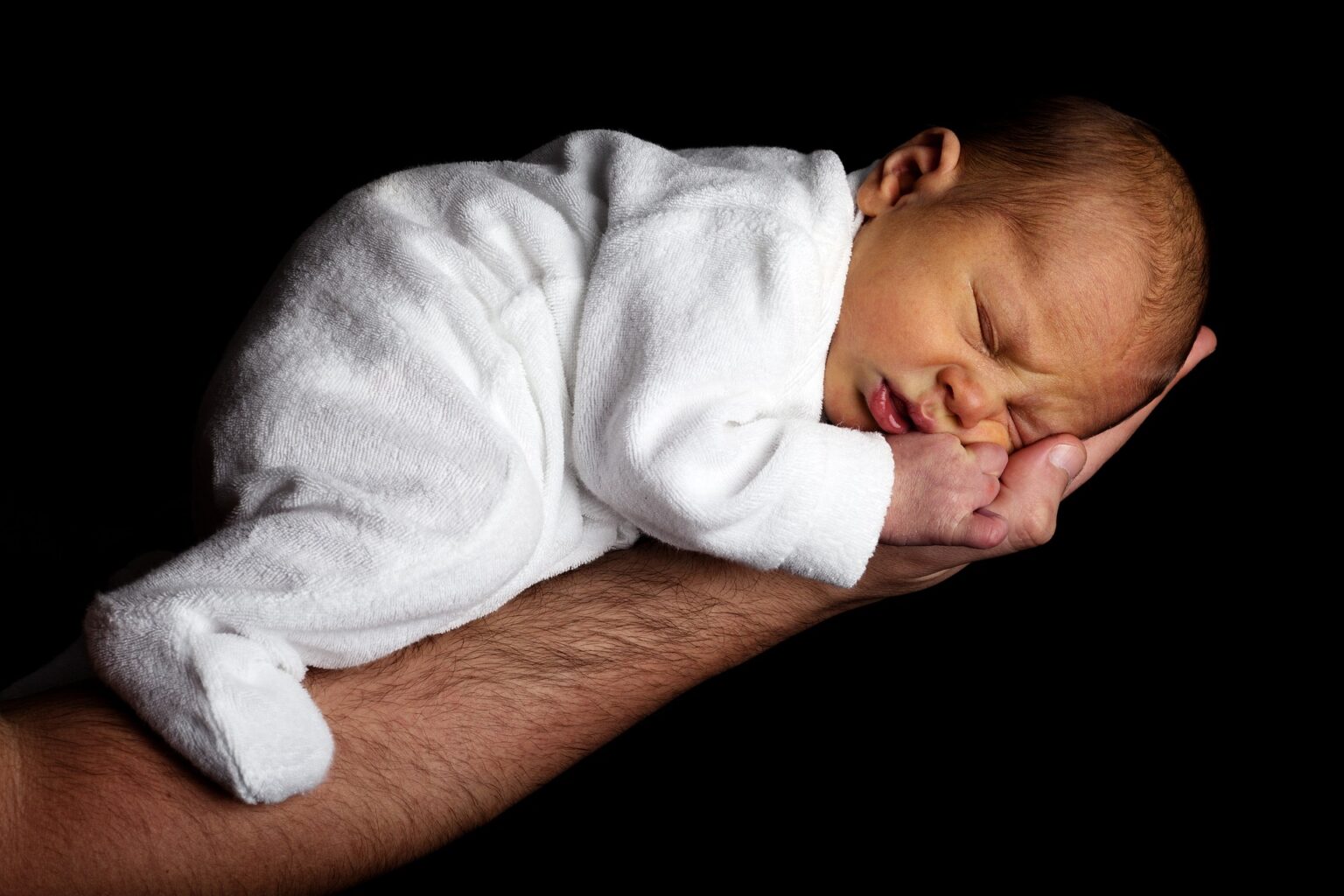What are the cycles and needs of the child and the infant? How to establish good practices to promote the child’s sleep? How to manage irregular cycles and possible disruptions within the family? How does this work in a childcare setting? To answer all these questions, Marianne Michel, ONE pediatric advisor, Sylvie Anzalone, spokesperson for ONE, and Laurence Nobécourt, founder of the À Pas de Loups editions, were the guests of Tendances Première.
Physiological needs specific to infants
Although flexible, the benchmarks provided by childhood professionals place the sleep of the newborn at around fifteen hours or more “but it is interrupted sleep in short periods of sleep and wakefulness […] For a newborn, day and night are the same, which is the great difficulty,” explains Marianne Michel.
The diurnal-nocturnal cycle is acquired largely in the first months through the alternation of light/darkness and contact with the rhythm of the parents. “However, at six months, the cycles remain very short. After about forty minutes, there is a little wake-up.”
In general, everything in the child’s development evolves according to age “and especially in the toddler, where it goes very quickly, over months and weeks […]” His hormonal and homeostatic system is different from that of a child, even a one- or two- or three-month-old. Sleep takes into account the rhythm of feeding, which is not a whim when the infant needs to eat every two or three hours. This corresponds to physiological needs.
Sleep, a reflection of what happens during the day
During consultations at the ONE, a schedule, a kind of sleep and day agenda, allows for objectifying the child’s sleep and behavior. “It’s like a photograph of one day and then another day, etc. […] It will be very useful for the pediatrician, doctor, or professional who will be consulted,” says the ONE pediatric advisor.
Observing the child’s behavior during the day will be revealing, mirroring what happens at night: “We will be able to find action points by focusing on the day […] Sleep is a reflection of what happens during the day.”
Listening to the child’s needs
The obvious signs of sleep in a very young child are irritability, while in older children, it will be rubbing their eyes.
But what seems important to Marianne Michel is “to proceed in stages. With infants and young children, you first need to check the primary needs: has he eaten? Is he cold? Has he been changed? At this point, check if he really is sleepy or is he bored? Does he want to be rocked? Or does he need another activity?”
For her, sleep should be part of the consultation, while growth, psychomotor development, or nutrition are most often discussed: “If we do it systematically, we will avoid ending up with a crystallized sleep problem.”
As for the child’s need for security, the role of parents and those who care for children and grandchildren is crucial. “Everything revolves around the safety/attachment duo […] This question of safety is really an alarm system for the child, where he will call on the adult he trusts to feel secure.”
Bedtime and pre-bedtime rituals
Some fears, daily activities, and emotions can lead to moments of tension that may manifest at bedtime. “To be distinguished from night terrors, which are more in the physiological domain,” explains Marianne Michel.
Hence the need for bedtime and pre-bedtime rituals, structuring calmer end-of-day moments and sharing. Good Night, the podcast that helps children fall asleep, is available for listening on Auvio. Its mission is to offer a new soothing evening routine to children aged 5 to 12, through meditation.
Ideas for rituals that parents can create and reclaim, such as storytelling with books, songs, or lullabies.
According to Sylvie Anzalone, spokesperson for the ONE, “sometimes people think that the moment just before bedtime is a good time to talk about what happened during the day and anxieties. However, it’s not the right time at all […] it will reactivate the brain and body and it won’t be ideal for the parent either because being tired will affect their parental competence.”
Books published by Éditions À Pas de Loups are dedicated to sleep. Laurence Nobécourt, founder of this publishing house, for example recommends Peekaboo, which can also be sung and is very popular with children: “It has been offered to all children thanks to the ONE and the FWB.”







